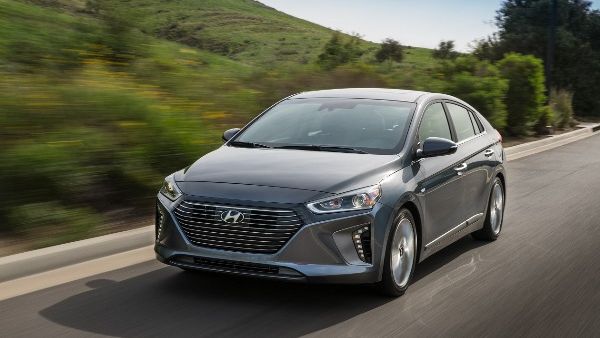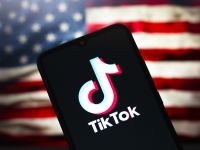Middle East Region’s focus on renewable energy empowers appeal of Hyundai IONIQ Hybrid and electric cars

With the Middle East region’s increasing focus on renewable energy sources, Hyundai believes that its flexible approach to alternative fuels will make its IONIQ range of alternative-fuel cars market leaders within the coming years.
In 2016, global investment in renewables reached an all-time high of nearly USD 300 billion. Competitive bids for solar energy projects in the UAE have twice broken records for the lowest price for solar power generation at less than US 3 cents per kilowatt-hour.
Renewable energy, including solar energy and wind, is now widely seen as having reached the critical mass needed to complement conventional energy sources in the global mix. Recent bids represent an enormous fall in price from around USD 9 cents per kilowatt-hour at the end of 2014, which is encouraging established energy companies to diversify and increase investment in renewable projects.
“We at Hyundai are encouraged by the rapid technological developments in the Middle East region’s alternative energy sector, as they are completely aligned with our own view that cars of the future will be entirely electrically-powered,” said Mike Song, Head of Operations for Hyundai Africa and Middle East.
The IONIQ is the first Hyundai platform to be purpose-built for alternative-fuel drivetrains, and represents Hyundai’s flexible approach to moving its products toward zero-emissions technology.
The IONIQ’s shared vehicle architecture will accommodate a choice of three of the most trusted alternative fuel technologies currently available: hybrid, plug-in hybrid, and full electric.
Hyundai cares about clean mobility, helping to make a lasting change that will benefit people today and generations to come. It is fully ready to deliver every type of eco car that customers want around the globe and will not compromise on driving dynamics and performance – a balance of attributes they call ‘Green Performance.’
Hyundai will launch 14 or more eco-friendly vehicles models by 2020, including five hybrid models, four plug-in hybrids, and four electric cars and one fuel cell electric vehicle. In 2018, they will launch a new-generation hydrogen fuel cell vehicle. It will be a completely new SUV model, based on a new platform developed especially for fuel cell technology. Hyundai plans to announce more details of this fuel cell vehicle within the next few months.
Background Information
Hyundai Motor
Hyundai Motor Company recognizes the importance and impact that automobiles have on society and mankind. It strives to play a role that extends beyond being a simple car manufacturer to become customers’ lifetime companion. It will build connections with customers by fulfilling its vision to become a “lifetime partner in automobiles and beyond” and participate in working “together for a better future” as a constituent of Hyundai Motor Group.






